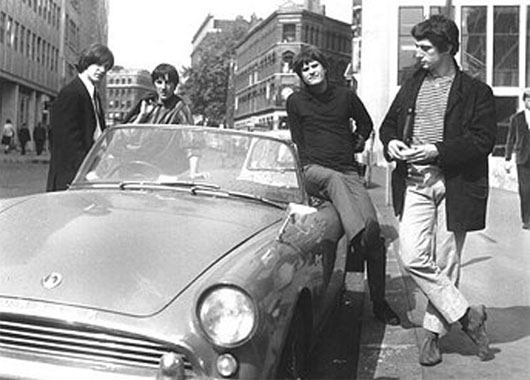 THE INTERNET
THE INTERNET In Which I Was So Much Older Then I'm Younger Than That Now
 Wednesday, January 12, 2011 at 10:45AM
Wednesday, January 12, 2011 at 10:45AM 
The Typing Cure (Or: Heaven Is A Place Where Nothing Ever Happens)
by MOLLY LAMBERT
The internet is a glory hole for feelings. It is fundamentally changing the way human beings express themselves to each other. Email has made letter writing more commonplace than ever, but there is also instant messaging, facebook, twitter, tumblr. The deep human need to talk about what is going on inside you has endless outlets, and every boring day at the office is also a potential virtual Cassavetes film.
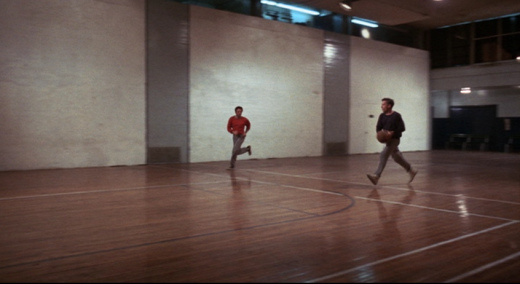
People create a divide between their real selves and their internet selves. Everyone is always surprised to be treated in real life the way they present themselves on the internet. My favorite English teacher from junior high, the one who told me I should be/am a writer, would always say "we become what we think other people think we are," and then Tess and I would argue about whether we believed that or not (She did, I didn't. I might now!) and then we'd talk about if the teacher was hot or not (She did. I didn't. I still don't. He was ginger!), and whether a person could become attractive through sheer force of their personality. He was a really great English teacher and he let me play a Steely Dan song in class once because it had an allusion to The Odyssey.
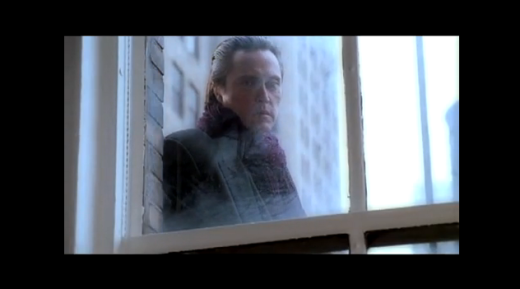
I passed notes to Tess during passing periods because text messaging didn't exist. Some people had pagers, but I'm fairly sure you could only send numerical pages. We pretended that other people could tell we felt like Robert Plant and Jimmy Page when we were hanging out together and that anyone who couldn't best to RAMBLE ON.
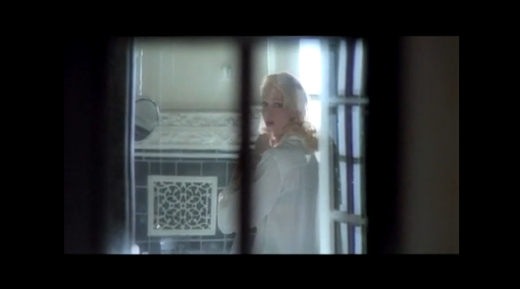
We drew lots of little cartoons and wrote lists of things we liked, what songs we were listening to a lot and what boys we had crushes on, how much we hated school and what we should try to do that weekend. Tess once described our first meeting as being like a spotlight coming on, and that is how I think of all important first meetings and memorable events and other moments in Na'vi. The goal of life is to find all the people in the world where you can really understand each other when you express yourself.
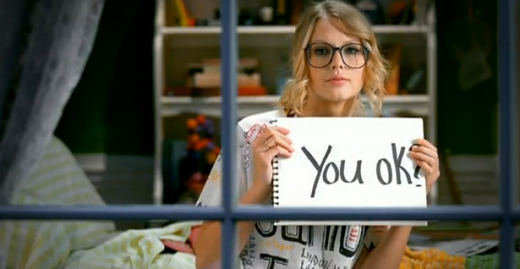
The internet makes people act drunk. Because the internet doesn't feel real, people disregard almost everything they do there. Because of this, they let their guard down a lot in a way that rarely happens in real life, except with a lot of alcohol. Nobody talks about it in real life, because the internet fourth wall largely stands, but people are getting weirder and looser about it. If it was the fifties when we started IMing, it is definitely now the sixties. We are firmly on the road towards nineteen seventies key parties (truth or dare videochat orgies? Paging Rachael Bedard for dungeonmaster.)
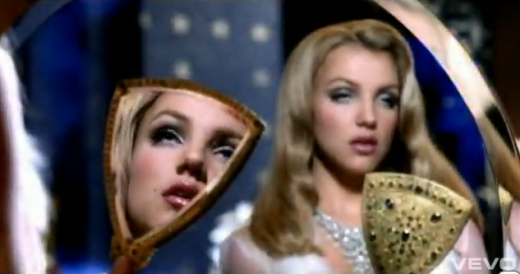
The most intimate thing you can do in an email is not sign it.
Sometimes not signing an email is actually the least intimate thing you can do. As with anything else, it is entirely based on the individual circumstances.
Gchat is checkers. Texting is chess. Twitter is Scrabble. Email is Monopoly.
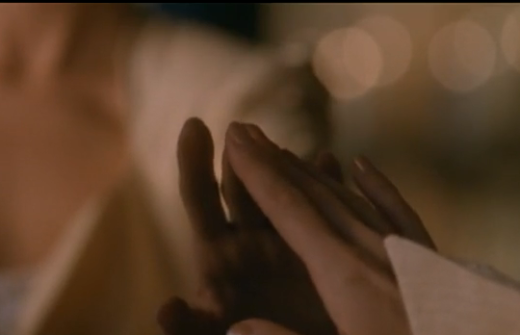
People say things online they should tell a licensed therapist. Usually something deeply fascinating that reminds you that you are not a licensed therapist and shouldn't just dole out advice like you have any fucking idea what you are talking about. Not like I even think licensed therapists have any idea what they are talking about either, and really they just listen, and the internet always listens. Mostly it feels good to tell.
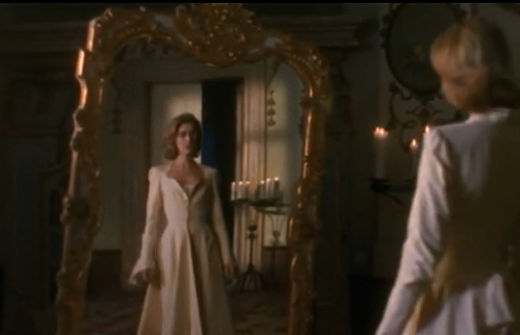
I have gone through long spells where I didn't feel like writing anything, and I usually get out of them by writing something on the internet. Because of this "not real" feeling, it is much easier to write something and post it and not feel like it now lives in a library where you can be permanently judged by it. Because yes, you could still go back in and move some words around, or even delete it if you felt like it. But it's an illusion, because the internet is every bit as much of a library as a real library.
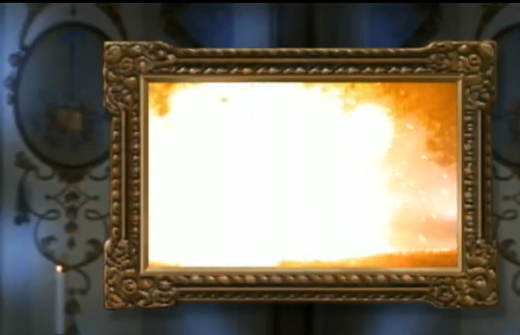
Being freed from the tyranny of the physical sheet of blank paper allows you to take useful risks you might not take in ink or a Microsoft Word document, the same way people will try new things on vacation. You are freed from the tyranny of the idea that what you are doing is ever permanent, freed from context and the idea of yourself in the context of a continuing permanent self, from the illusion of any permanent self.
It is why we're so obsessed with journals and letters at This Recording. People write differently for a theoretical audience of everyone than they write for specific people and themselves, but the internet splits the difference. It is the most intimate least intimate thing. Sometimes (much of the time) people overshare, it's par for the course.
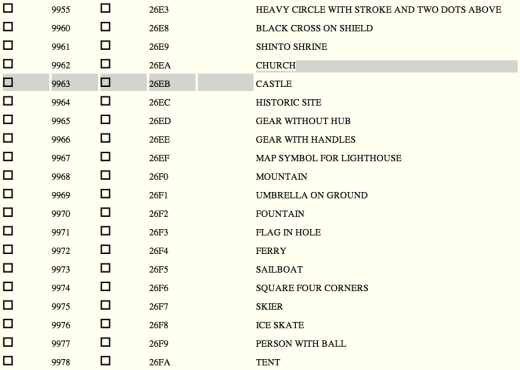
Autobiographies are often not that interesting because they tell you how a person wants people to see them, like a facebook page; the illusion of no insecurities or certain insecurities emphasized to disguise the lack of discussion of embarrassing actual insecurities. Journals tell you how that person really sees themselves.
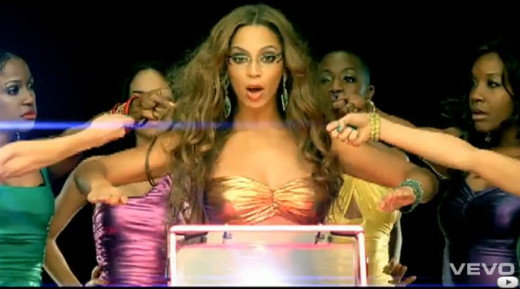
Online presence isn't correlated with real life presence. Some people make great albums but have no live show. Some of the best live performers can't figure out how to translate that energy back into great albums. The record of a thing is never going to replicate the thing itself, it can only reflect it back and remind you of the experience.

In real life we are always surprised when we say something that is different than the way we actually feel and people believe us, because being looked at makes you feel emotionally transparent. On the internet there is the ability to go into sudden death, to switch topics abruptly in a way that is not socially acceptable in real life, and then discuss it in a way that would never be sanctioned in a face to face conversation.
For whatever thought experiment reason people are tremendously likely to tell you the actual truth online if you ask them something flat out. This is also known as real talk. I try to avoid doing this too much because sometimes you go over the line and wish you hadn't or if it's an actually important thing you feel like it deserves better than virtual resolution. Real talk is much more intense in real life because being looked at during anything heightens the experience in a way the virtual can never approach.
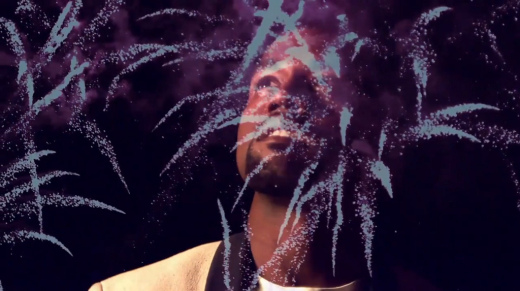
You learn a lot about people from their internet presences, but very little about their actual selves. Mostly you learn about how people present themselves and how they desire to be perceived. Internet personas usually go too far towards self-aggrandizement or self-deprecation. As with everything else on the internet and in real life, it is based around exaggerating certain truths and totally omitting others. Citizen Zuckerberg is a genius for allowing you to untag yourself from unflattering photos.
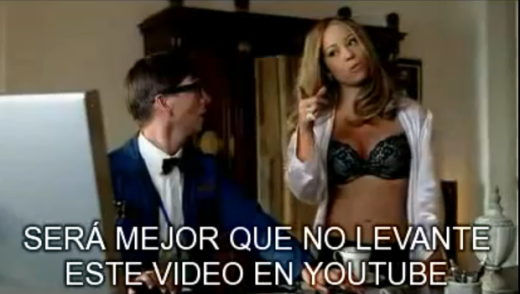
Smileys do soften me. I also always go "really?" that a person my age is using one, and then I do smile because they're so funny. So they kind of do work exactly the way they are supposed to. I use them to soften really ridiculous statements, especially when I am asking for something I am not sure I can get. The closest thing we have to tonal indicators in straight text are : D and sarcasm italics. There is no shame in using them. Maybe slight shame. But it's a funny kind of shame and will you loan me ten bucks : D

I stopped enjoying talking on the phone when I started to really enjoy IM. I probably enjoy instant messaging because I am a primarily word based person and I like being able to self-edit, but probably also because I am ADD and get distracted by everything when I'm on the phone. Alex says he now has to turn all the lights off to talk on the phone. He is The Night Caller. Facebook chat is the lowest form of communication.
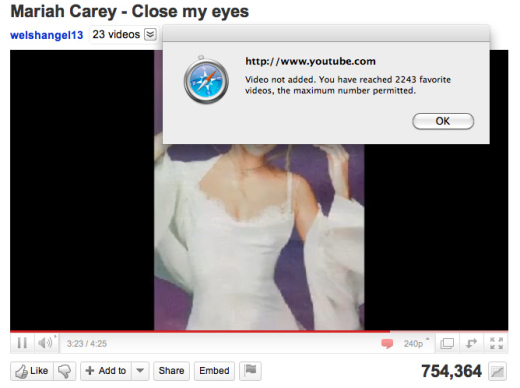
In high school Tess and I chilled on the phone for hours after-school playing songs that we synced up together and reading the sex scenes aloud from books like Forever and The Godfather. It was like being in a car on a roadtrip together. When I talk about sismance I am often thinking of Tess. I have never once tried to make out with her, although we've spent a lot of time in beds together over the years and I get a really strong urge to scream that James Blunt song "You're Beautiful" at her sometimes.
I will never forget the time in ninth grade that we played truth or dare in Tess's bed while our friend was fingering our other friend under the blanket and we both had no clue except that our friend started talking kind of weirdly while she told a story.

When people bring up something I wrote on the internet in real life positively, sometimes I get Taylor Swift surprise face and then I worry like it might seem dishonest, but I'm really just as excited every single time. When people bring up something I wrote in real life or online and are negative, a little dark gray lightning cloud suddenly appears over my head to electrocute you like in Mario Kart.
Texting is the weirdest thing ever invented. If the new Scream movie doesn't open with a text message that says "Hello Sidney" it is advance dead to me.
I usually stop thinking about a thing the second I click post. I put all this energy into it, obsessing over it and changing sentences and rearranging words until the last possible second, and then I click post, and it is like letting go of a balloon. Sometimes I write a thing and click post and still can't stop thinking about it afterwards, and I just get deeper into obsessing and thinking and end up writing about it even more.
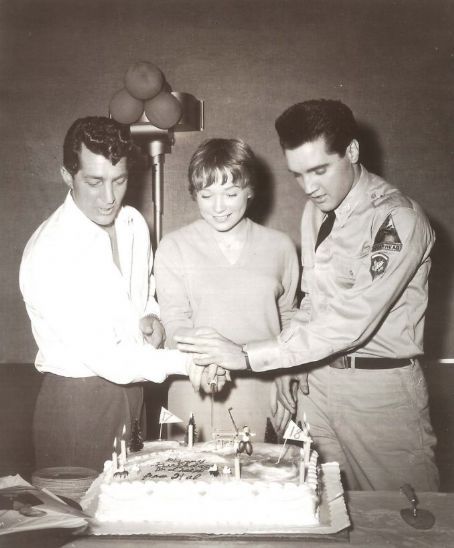
You genuinely forget that anyone can read the internet. You forget that when you write something somebody can read it, and that if they can read it they might possibly remember it ever. It is a perfect demonstration of mind-body splitting.
I recently reread all my old Mad Men reviews going back to the pilot and it was like hearing my past self give my present self advice. My present self does not understand how my past self obtained these insights into my present self and it felt like a science fiction short story to think about. It felt as close to reading my writing from the perspective of somebody who is not me as I have ever come. Super fucking weird.

Rereading This Recording on wordpress I barely remembered anything I wrote. It made me feel insanely nostalgic to realize I have a permanent record of a time period I never had any interest in commemorating while it was happening, because I was pretty certain that it sucked more than anything since junior high. And now when I read the record of it knowing full well that it sucked and was often painful, it all just seems too wonderful. We danced like nobody was watching and loved like we'd never been hurt.

Tess and I still talk every single day. We were discussing Blue Valentine, and why it is that people always seem so excited for movies that are about relationships falling apart, which is a thing you would think nobody would want to relive. She said people like to realize that the experiences during which they have the most intensely isolating feelings possible are all universal experiences, laughably adherent to key clichés.
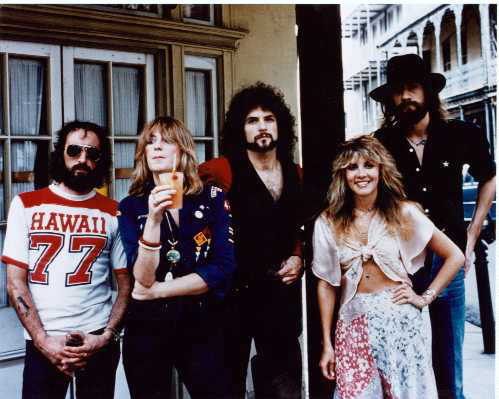
There is a kind of distanced admiration of your terrible feelings, where you end up romanticizing the worst feelings you ever had from your current more neutral point of view. It is comforting to realize that you got over it, that you don't feel that exact way anymore, that even though it felt like you might die a bunch of times you never did.
There is also a distanced admiration for your best feelings, for personal triumphs and ecstatic experiences, times you really felt understood, so that they can remain the benchmarks for the highest and lowest points of your feelings. If we are interested in pushing the highs higher, naturally we might also sometimes want to push the lows as low as possible, even though it is perverse to want to feel bad. Maybe it is because it seems like there is a point at which one naturally and inevitably becomes the other.

Molly Lambert is the managing editor of This Recording. She's on twitter and runs GIF PARTY, JPG CLUB, and Google Image Search.
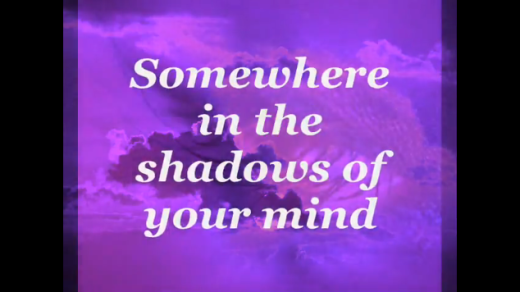
"Waterloo Sunset" - The Kinks (mp3)
"Lola" - The Kinks (mp3)
"All Day and All of the Night" - The Kinks (mp3)
